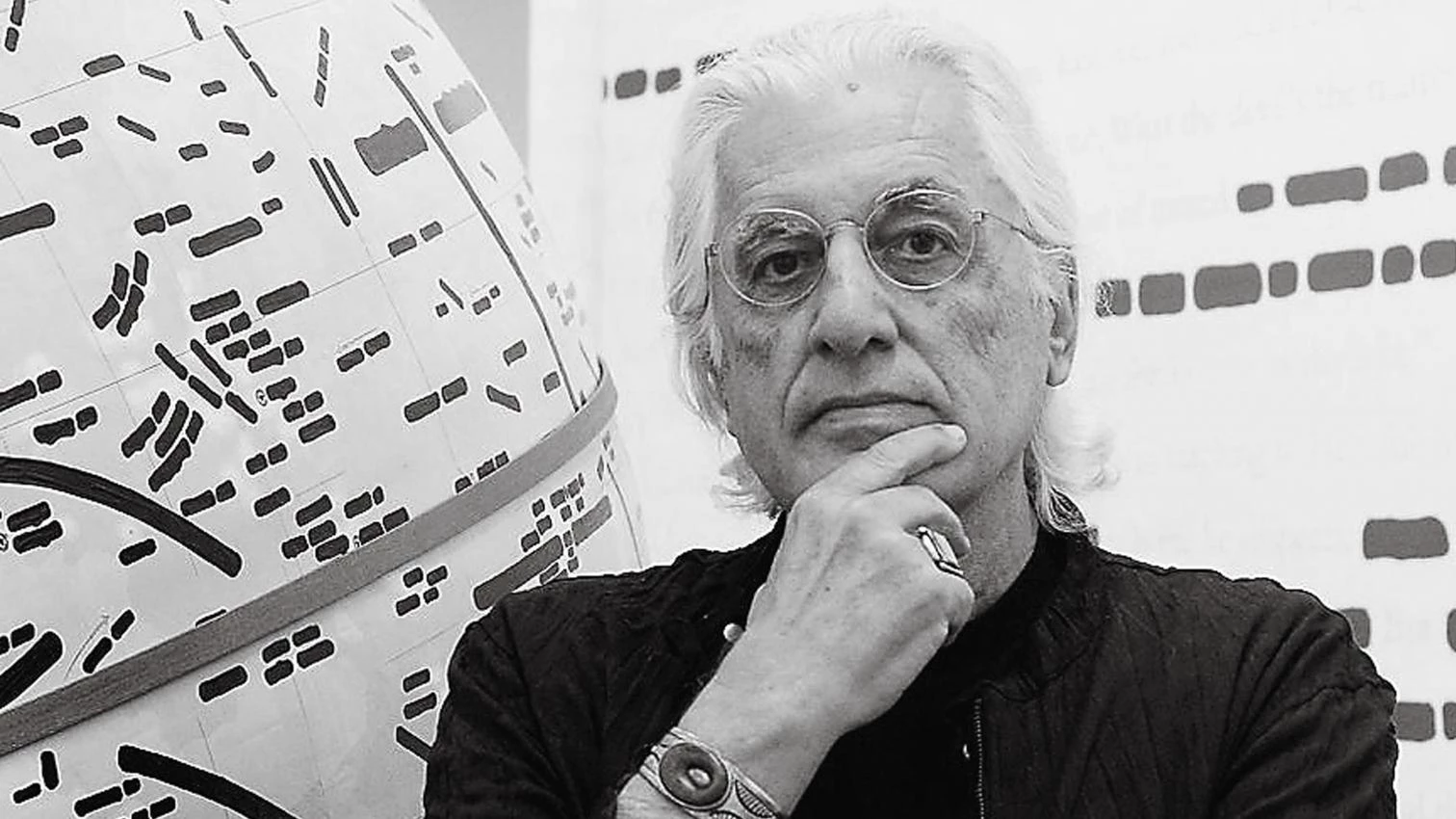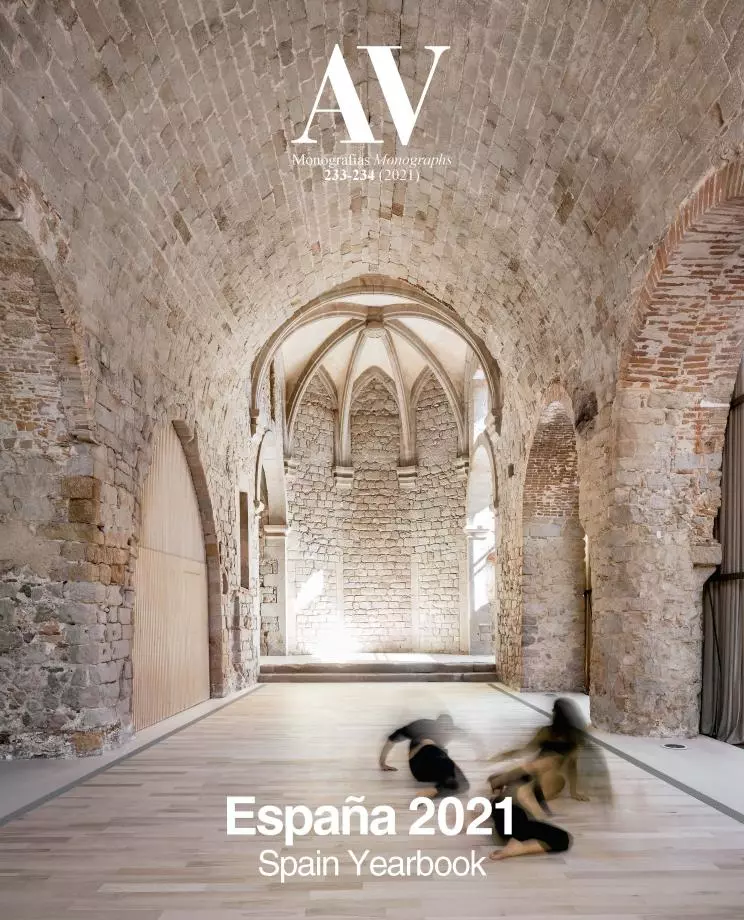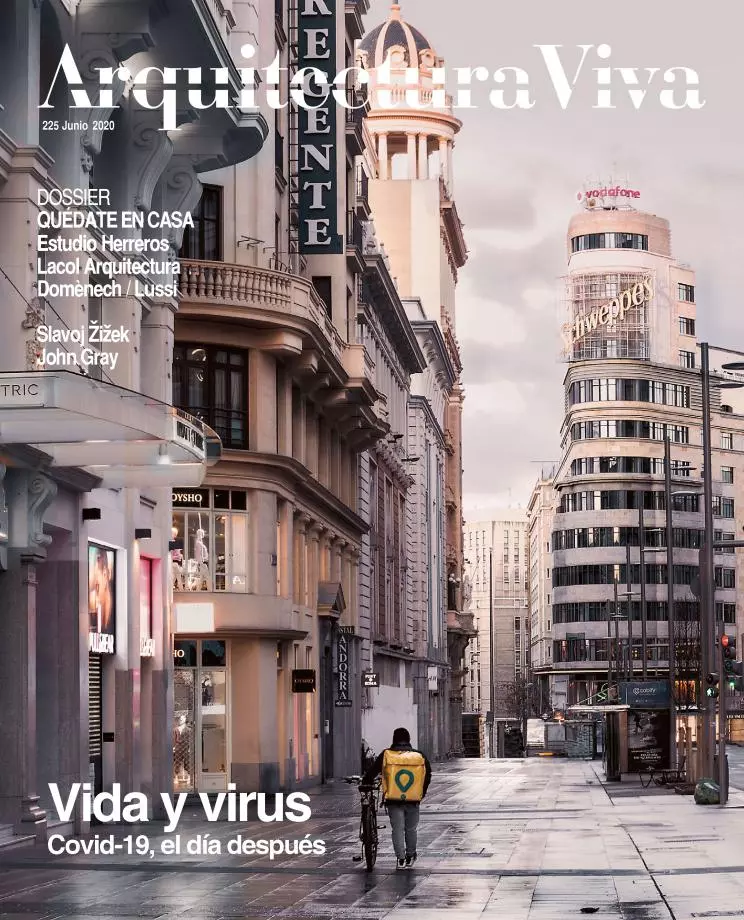
1940-2020
The year of the plague also claimed the life of a highly influential and original art critic: Germano Celant. Born in Genoa with the war in full swing and trained under Eugenio Battisti, a leading art historian of the 20th century in Italy, Celant began his career in his native city working in Marcatrè, the architecture, art, and design magazine founded by Battisti and a group of intellectuals that included Rodolfo Vitone and Umberto Eco. He honed his firsthand knowledge of postwar Italy’s art situation, and in 1967 wrote his most acclaimed and far-reaching text, Arte Povera: Notes on a Guerrilla War, published in the Rome-based magazine Flash Art, where he contrasted Italian art of the period – which he dubbed povera because it was modest in the material sense and committed in the social – against the American art of Andy Warhol and pop. Celant then occupied important posts: curator during twenty-five years at the Solomon R. Guggenheim Museum in New York, organizing exhibitions like one on Mario Merz; director of the 1997 Venice Biennale; artistic superintendent of Fondazione Prada and scientific director of Fondazione Aldo Rossi.






